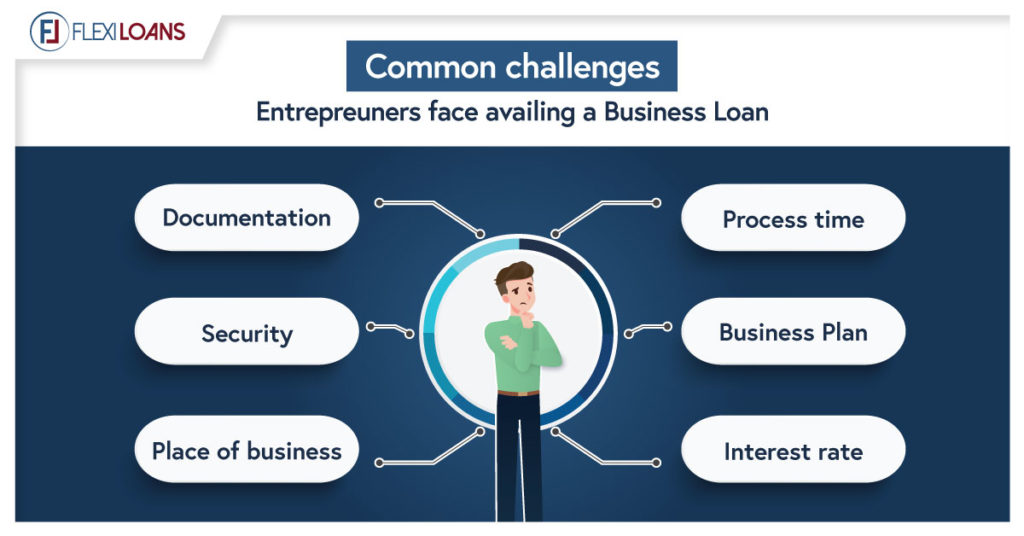Challenges Entrepreneurs Face When Starting A Business

Entrepreneurs face a relentless uphill battle turning innovative ideas into thriving businesses. From securing funding to navigating complex regulations, the path to success is fraught with challenges that demand resilience and strategic acumen.
The entrepreneurial journey, while rewarding, is often characterized by significant hurdles. Overcoming these obstacles is critical for startups aiming to establish a sustainable presence in competitive markets. The success rate of new businesses underlines the importance of understanding and mitigating these risks.
The Funding Famine
Securing adequate funding remains a top challenge. According to a 2023 report by the Small Business Administration (SBA), lack of capital is a primary reason why many startups fail within the first year. Access to loans and investment capital can be particularly difficult for minority and women-owned businesses.
Many founders resort to bootstrapping, relying on personal savings, which can strain personal finances. Venture capital and angel investors are highly selective, demanding detailed business plans and demonstrable traction before committing funds. This hurdle forces many to scale down their visions.
Regulatory Maze and Compliance
Navigating the complex web of regulations is a significant time and resource drain. Businesses must comply with federal, state, and local laws, spanning areas like employment, taxes, and industry-specific licensing. Failure to comply can result in hefty fines and legal battles.
Staying abreast of changing regulations requires continuous monitoring and can be overwhelming for small teams with limited resources. The cost of compliance, including legal fees and administrative overhead, adds another layer of financial burden. Many entrepreneurs are turning to specialized software or consultants to navigate this regulatory terrain.
Talent Acquisition and Retention
Attracting and retaining skilled employees is a constant challenge in today's competitive job market. Startups often struggle to compete with larger corporations that offer higher salaries and more comprehensive benefits packages. Finding individuals who are not only qualified but also passionate about the company's mission is crucial.
A study by SHRM (Society for Human Resource Management) found that employee turnover can cost a company up to twice an employee's annual salary. Therefore, creating a positive work environment and offering competitive incentives are essential for retaining valuable talent.
Marketing and Customer Acquisition
Reaching the target audience and acquiring customers is a crucial challenge that demands creative and data-driven strategies. With marketing landscapes constantly evolving, startups need to adapt quickly to new channels and tactics. Digital marketing is paramount, but achieving visibility amid the noise can be difficult.
Developing a strong brand identity and building customer loyalty are critical for long-term success. This requires consistent effort, investment in marketing campaigns, and a focus on providing exceptional customer service. Many companies are now leveraging social media and content marketing to build a community around their brand.
Time Management and Burnout
Entrepreneurs often work long hours and face immense pressure to succeed. Managing time effectively and avoiding burnout are critical for their well-being and the long-term health of the business. The constant demands of running a company can take a toll on mental and physical health.
Delegation, prioritization, and self-care are essential skills for entrepreneurs. Seeking support from mentors, networks, and mental health professionals can provide valuable assistance in managing stress and maintaining a healthy work-life balance. It is recommended for entrepreneurs to allocate time for the activities they love and schedule regular breaks.
Competitive Landscape
Entering a competitive market requires strong differentiation and a solid business strategy. Startups face the challenge of competing with established players that have greater resources and brand recognition. Identifying a niche market and offering unique value propositions is critical for standing out.
Market research, competitor analysis, and continuous innovation are essential for maintaining a competitive edge. Building strategic partnerships and alliances can also help startups expand their reach and access new markets. Agility and adaptability are keys to survival in a dynamic business environment.
Looking Ahead
The challenges entrepreneurs face are multifaceted and ever-evolving. Addressing these obstacles requires a combination of strategic planning, access to resources, and a strong support network. Government agencies and private organizations are continuously developing programs and initiatives to support startups and foster entrepreneurship.
The next steps involve increased advocacy for policies that support small businesses and access to capital. Further development of mentorship programs and educational resources can equip entrepreneurs with the skills and knowledge needed to succeed. Ongoing research and data collection are essential for understanding the evolving needs of the entrepreneurial ecosystem.


















